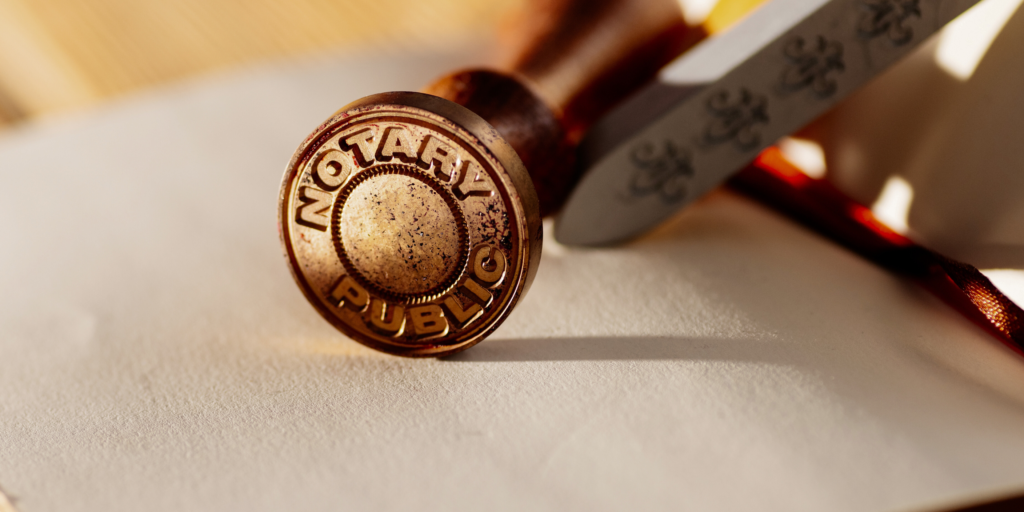Previously in the Philippines, in order to have one’s public documents executed abroad to be proven authentic as to the signing authority, as well as to its signature, the Red Ribbon process is the option to authenticate your document. However, since May 14, 2019, the Apostille process replaced the Red Ribbon process following Hague Convention Abolishing the Requirement of Legalization for Foreign Public Documents or the Apostille Convention, of which the Philippines is part.
Thus, in order for a public document to be accepted for international use, an Apostille certificate shall be attached to the document as proof that it is authentic. Note, however, that not all countries adhere to the Apostille Convention. For those countries where Apostille is not being used, the process of Authentication shall still be in place. (Refer to theApostille Conventionfor the list of countries where the Philippine Apostille is recognized and accepted.)
In the Philippines, it is the Department of Foreign Affairs (DFA) and its respective official satellite branches and offices are the legal authority that processes the Apostille of documents executed in the Philippines for use abroad. Note, that documents made in one country can only be Apostilled in that same country. Thus, documents which were made in our own country of origin, the Philippines, are the only kinds of documents which the Department of Foreign Affairs can Apostille. Thus, documents created outside of the Philippines cannot be subject to Apostille in our country.
Documents that can be Apostilled
Be reminded that only documents which are public in nature may be apostilled. Thus, documents that were issued by the courts, government agencies, local government units, state universities, and the like, may be apostilled. However, if the document that you have with you is private in nature, it must first undergo notarization to make the private document into a public one. After which, aCertificate of Authority for Notarial Actmust be secured. It is only then that the documents may be apostilled.
Various requirements are needed to be included in the submission of the documents to Apostille as supporting documents. Check what specific requirements you must need to have with you depending on the document that you will have apostilled. Be sure that all the documents required shall be complete upon submission for the speedy processing of the Apostille. You must also have with you at least one valid government issued-ID. Note that if an authorized representative will be the one who will process the documents for you, make sure that an authorization letter, IDs of the applicant and the authorized representative, and an SPA issued by the parents if the applicant is a minor, shall be available with you on hand.
Apostille Certificate
An authentic Apostille Certificate contains the following: a QR code, eight-digit keycode, the dry seal of the Department of Foreign Affairs, and the signature of the Authentication Officer.
You may have the Apostille Certificate verified by keying in the apostille number and the keycode to the DFA Apostille Verification system. You may also use your mobile device to verify the Apostille Certificate by scanning it using the QR code. You may also contact the Department of Foreign Affairs to verify that your Apostille Certificate is authentic.
Need further information and assistance regardingApostille in the Philippines? Talk to our team atFILEDOCSPHILto know more about the requirements and process. Call us today at (+63) 917 149 2337 or send an email to info@filedocsphil.com for more information.







